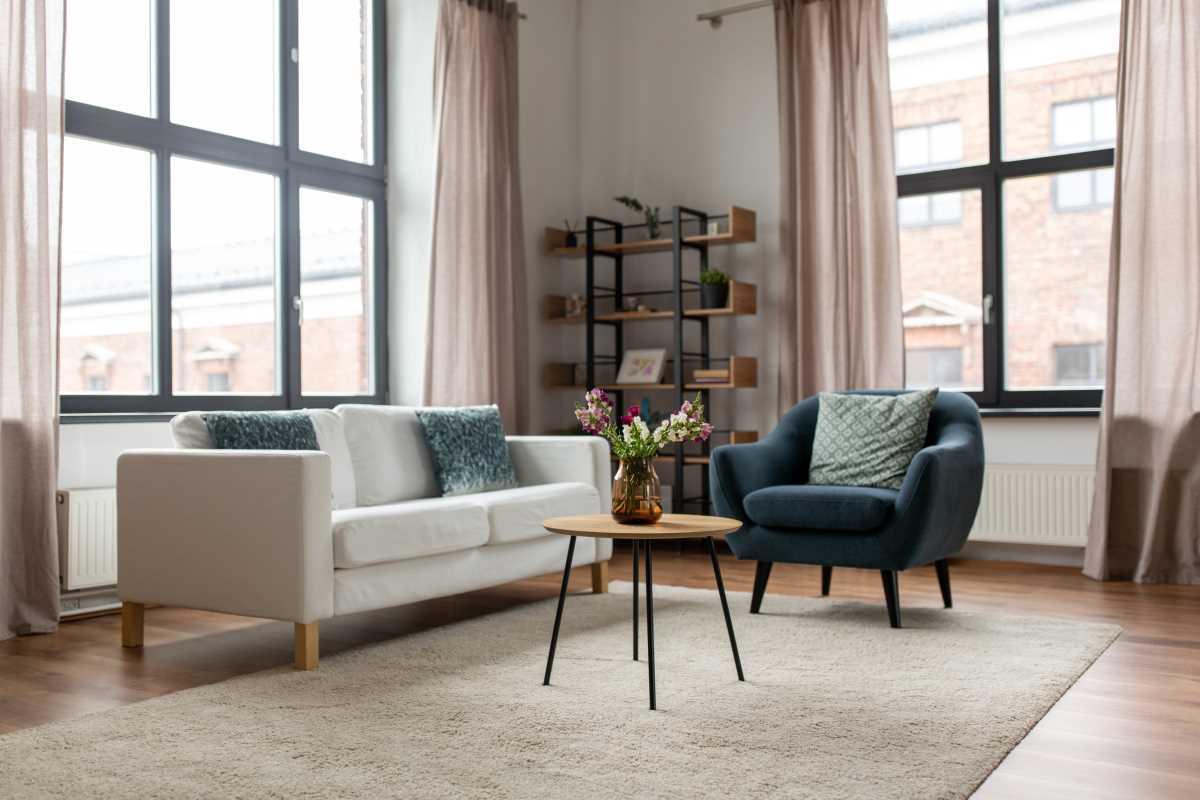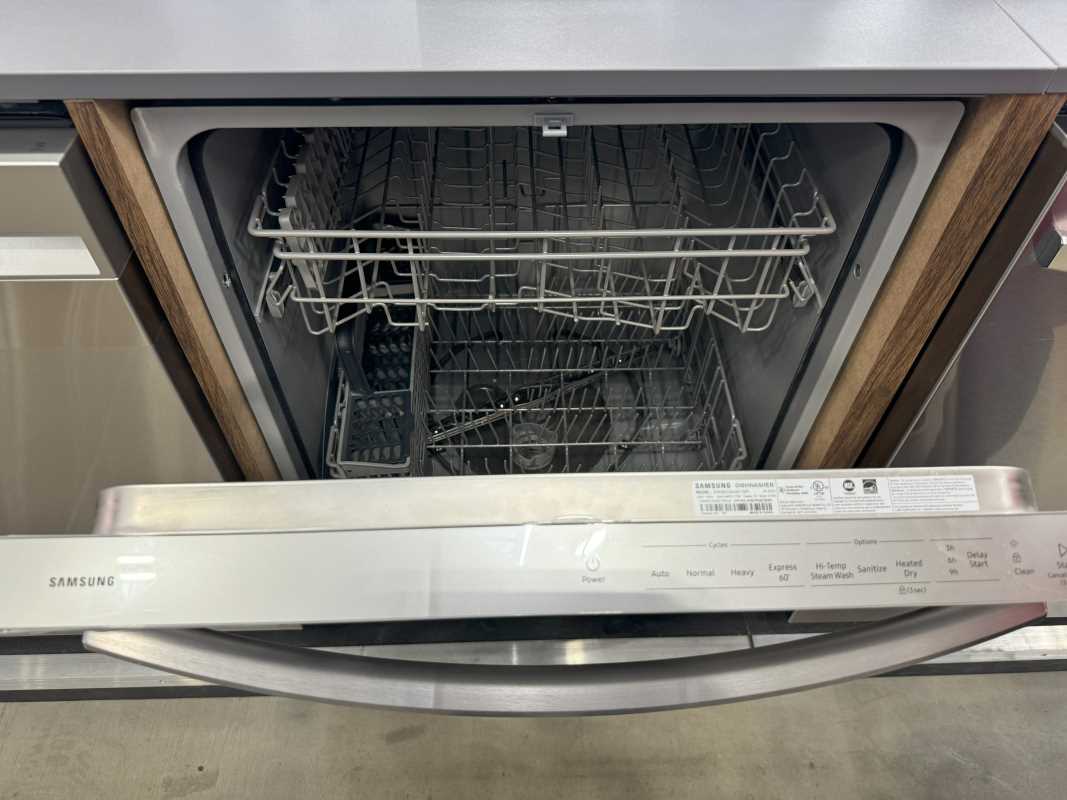Cleaning the house is something we all do, but even the most diligent cleaners often overlook some key areas. While we focus on surfaces like countertops, floors, and bathrooms, there are other spots around the home that accumulate grime, dust, and bacteria more quickly than you might realize. Regular cleaning of these areas can improve the overall health and hygiene of your home. Here are some things around the house you should clean more often than you might think.
1. Light Switches and Door Handles
Think about how many times you touch light switches and door handles throughout the day. These high-contact areas can become breeding grounds for germs and bacteria, especially in a household with kids or frequent visitors. Wipe down light switches and handles with a disinfecting cleaner at least once a week to keep them sanitary.
2. Remote Controls
Remote controls are used daily, often by multiple people, but they’re rarely cleaned. Over time, they can gather dust, food particles, and bacteria. Use a disinfecting wipe or a microfiber cloth with a bit of rubbing alcohol to clean your remotes regularly, paying extra attention to the crevices between buttons.
3. Refrigerator Shelves and Drawers
You might clean up spills in the fridge, but when was the last time you gave the shelves and drawers a thorough scrubbing? Food particles, bacteria, and mold can accumulate here, especially in the produce drawers. Take everything out and wipe down the surfaces with a mild soap or baking soda solution every month. This will help keep your food fresh and your fridge smelling clean.
4. Shower Curtains and Liners
Shower curtains and liners are exposed to water and humidity daily, creating the perfect environment for mold and mildew to grow. Even if they don't look dirty, they can harbor bacteria. Wash your shower curtain or liner every couple of weeks, either in the washing machine or by scrubbing it with a mild cleaning solution.
5. Pillows and Pillowcases
While we often change our pillowcases, we might forget that the pillows themselves need cleaning too. Pillows absorb sweat, oils, and dead skin cells over time, making them a hotspot for dust mites and bacteria. Most pillows can be machine-washed (check the label), and you should aim to clean them every few months to keep them fresh and allergen-free.
6. Vacuum Cleaner
It might seem ironic, but the vacuum cleaner that helps you keep your floors clean also needs regular maintenance. Dust, hair, and debris can clog the filters and brushes, reducing efficiency and potentially spreading dirt around your home. Clean out the dust bin, rinse or replace filters, and check the brush roller for tangled hair at least once a month.
7. Refrigerator Seals
The rubber seals around your refrigerator doors are easy to overlook, but they can collect crumbs, dirt, and even mold. Wipe down the seals with a mild soapy solution regularly to ensure they stay clean and maintain a tight seal, which helps keep your fridge running efficiently.
8. Trash Cans
Even with a liner, trash cans can become sticky and smelly over time from food spills or leaks. Bacteria thrive in these conditions, making regular cleaning important. Once a month, take your trash cans outside, scrub them with soap and water, and let them air dry. This will help prevent odors and keep bacteria at bay.
9. Baseboards and Moldings
Dust can quickly accumulate on baseboards and moldings, but these areas often get overlooked in regular cleaning routines. Use a microfiber cloth or duster to wipe down baseboards every couple of weeks to keep them dust-free and looking fresh.
10. Ceiling Fans
Ceiling fans may not always be in sight, but they’re often circulating dust and allergens throughout the room. Dust settles on the blades and can be spread around when the fan is turned on. Use a microfiber cloth or a vacuum with an attachment to clean fan blades at least once a month.
11. Reusable Grocery Bags
Reusable grocery bags are eco-friendly, but they also collect dirt, bacteria, and even food residue. Bags used for carrying produce, meat, or dairy can become breeding grounds for harmful bacteria if not cleaned regularly. Toss cloth bags into the washing machine and hand-wash plastic-lined ones with soapy water after every few uses.
12. Electronics (Keyboards, Phones, and Tablets)
Our electronics get touched all day long, and they are magnets for bacteria and grime. Studies have shown that keyboards and smartphones can harbor more bacteria than toilet seats! Use disinfecting wipes or a microfiber cloth with rubbing alcohol to clean your devices, especially in high-traffic areas like your kitchen or office.
13. Washing Machine
Washing machines do the cleaning, but they also need cleaning themselves. Detergent buildup, mold, and bacteria can accumulate, especially in front-loading machines. Run an empty hot cycle with vinegar or a washing machine cleaner every month to keep it fresh and working efficiently.
14. Window Tracks
Window tracks can quickly gather dust, dead bugs, and dirt, making them a neglected area in many homes. Use a vacuum attachment or a small brush to clean them out every few months. For extra dirty tracks, use a mixture of baking soda and vinegar to scrub away grime.
15. Air Vents and Filters
Air vents and filters are crucial for maintaining good air quality in your home, but they easily gather dust and allergens. Check and clean or replace air filters regularly—every 1-3 months depending on your home’s needs. Clean vents with a vacuum or duster to prevent dust from circulating.
Benefits of Cleaning Your Home Regularly
While it’s easy to focus on the more obvious areas when cleaning, paying attention to these often-overlooked spots can make a big difference in the hygiene and comfort of your home. Incorporating these items into your regular cleaning routine will help keep your living space healthier, fresher, and more pleasant all around.
Keeping your space clean has numerous benefits that go beyond just aesthetics. A tidy environment can have a significant impact on various aspects of your life, including mental health, focus, and productivity. Here are a few key benefits:
1. Improved Mental Health
A clean and organized space can positively affect your mental well-being. Clutter and mess can contribute to feelings of anxiety and stress. A tidy environment promotes a sense of control and calm, reducing mental fatigue. When your space is organized, it’s easier to relax and unwind, which can improve your overall mood and reduce feelings of overwhelm.
2. Enhanced Focus and Concentration
A clutter-free workspace helps you concentrate better. When your environment is disorganized, it can be challenging to find what you need and stay focused on tasks. Removing unnecessary items and maintaining a clean area can minimize distractions and create a more conducive environment for focus. This can lead to better cognitive performance and improved efficiency in completing tasks.
3. Increased Productivity
A clean and organized space can boost productivity. When everything is in its place, you spend less time searching for items and more time working on your tasks. An orderly environment allows you to streamline your workflow and prioritize tasks more effectively, leading to more efficient work habits and better overall performance.
4. Better Physical Health
Regular cleaning reduces the risk of allergens, dust, and germs that can contribute to respiratory issues and other health problems. A clean space minimizes the buildup of dust and mold, which can trigger allergies and respiratory conditions. Maintaining a clean environment also reduces the risk of infections and illnesses caused by bacteria and viruses.
5. Enhanced Creativity
An organized space can enhance your creativity. When you’re not bogged down by clutter, your mind is free to think more clearly and creatively. An uncluttered environment fosters a sense of calm and allows you to approach problems with a fresh perspective, which can be especially beneficial for creative projects or brainstorming sessions.
6. Improved Sleep Quality
A clean bedroom can contribute to better sleep. A cluttered and chaotic environment can be distracting and hinder your ability to relax before bed. Keeping your bedroom tidy and organized can create a more peaceful atmosphere, making it easier to unwind and fall asleep, which in turn improves overall sleep quality.
7. Boosted Self-Esteem
Living in a clean and organized space can boost your self-esteem and sense of accomplishment. The act of maintaining cleanliness can be empowering, as it reflects personal discipline and care. Seeing the results of your efforts can provide a sense of pride and enhance your overall confidence.
8. Enhanced Social Interactions
A clean space makes it easier to entertain guests and engage in social activities. When your home is organized, you feel more comfortable inviting friends and family over, which can strengthen social connections and improve your social life. An inviting and tidy environment creates a more pleasant experience for both you and your guests.
9. Increased Safety
A clean and organized space is safer. Clutter can create hazards, such as tripping over objects or not being able to find essential items in an emergency. Keeping your environment orderly reduces the risk of accidents and ensures that important items are easily accessible when needed.
10. Promotes Healthy Habits
Maintaining cleanliness can encourage other healthy habits. A tidy space often reflects a structured routine, which can translate into better time management and healthier lifestyle choices. For example, a clean kitchen might inspire you to cook healthier meals rather than opt for takeout.







